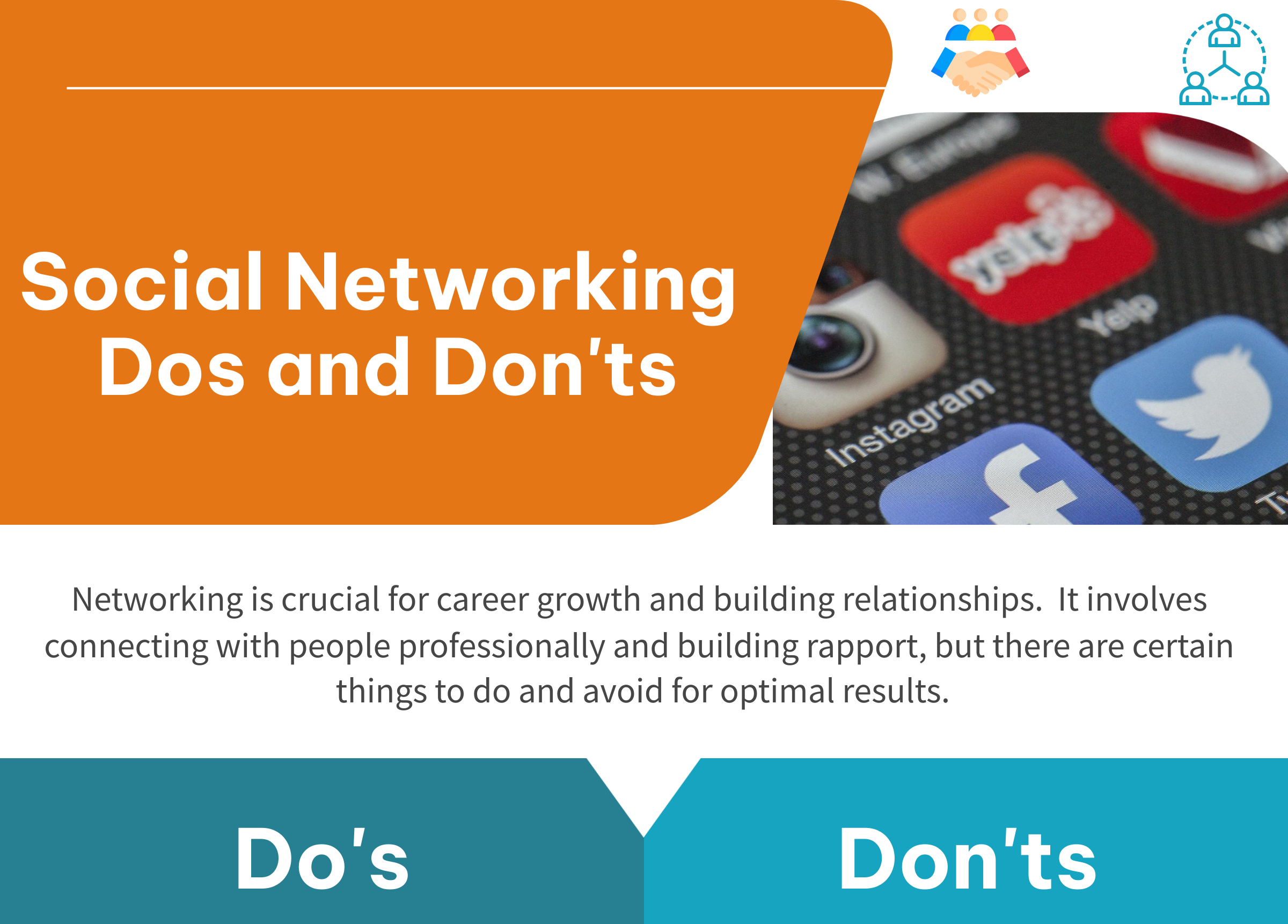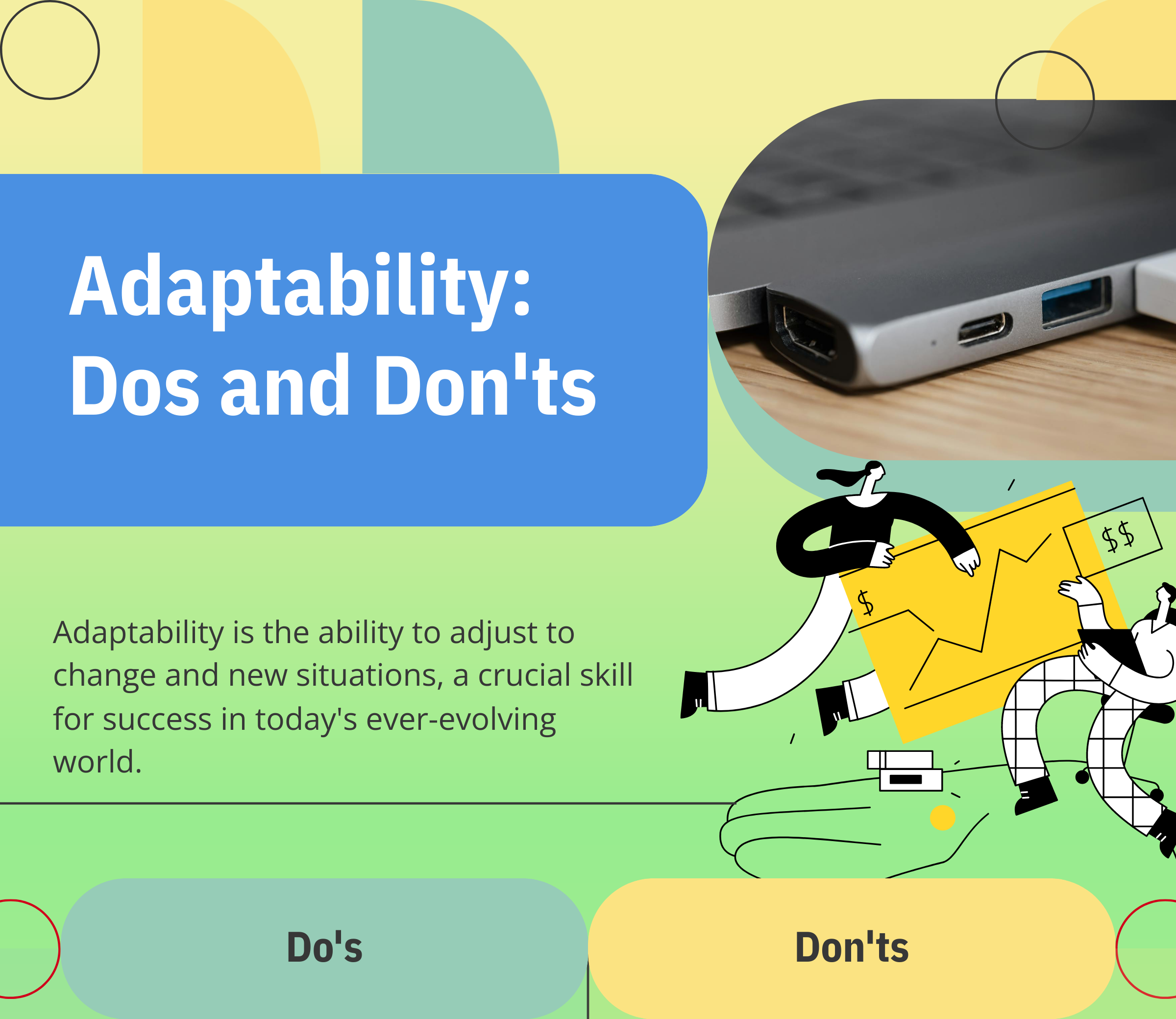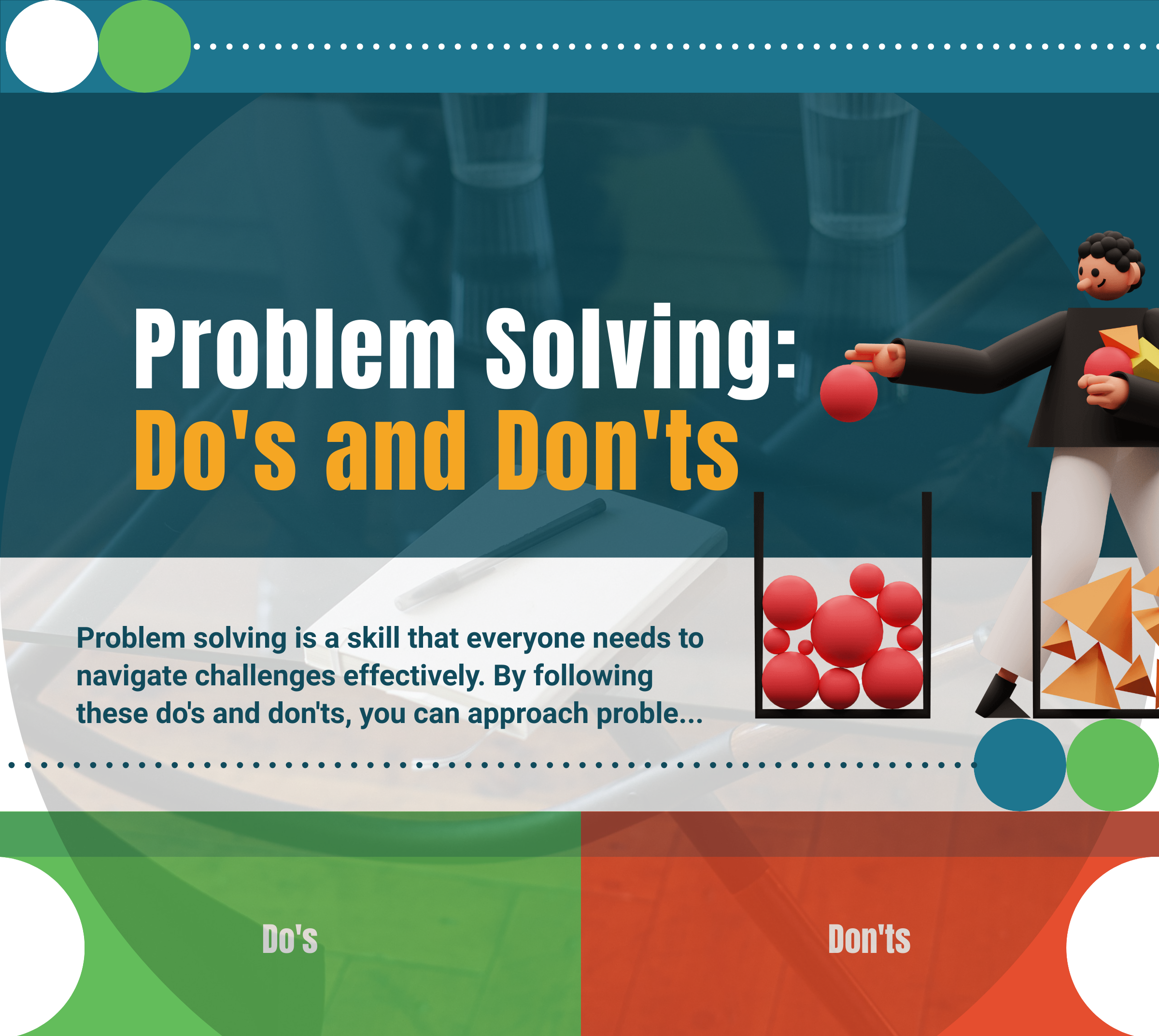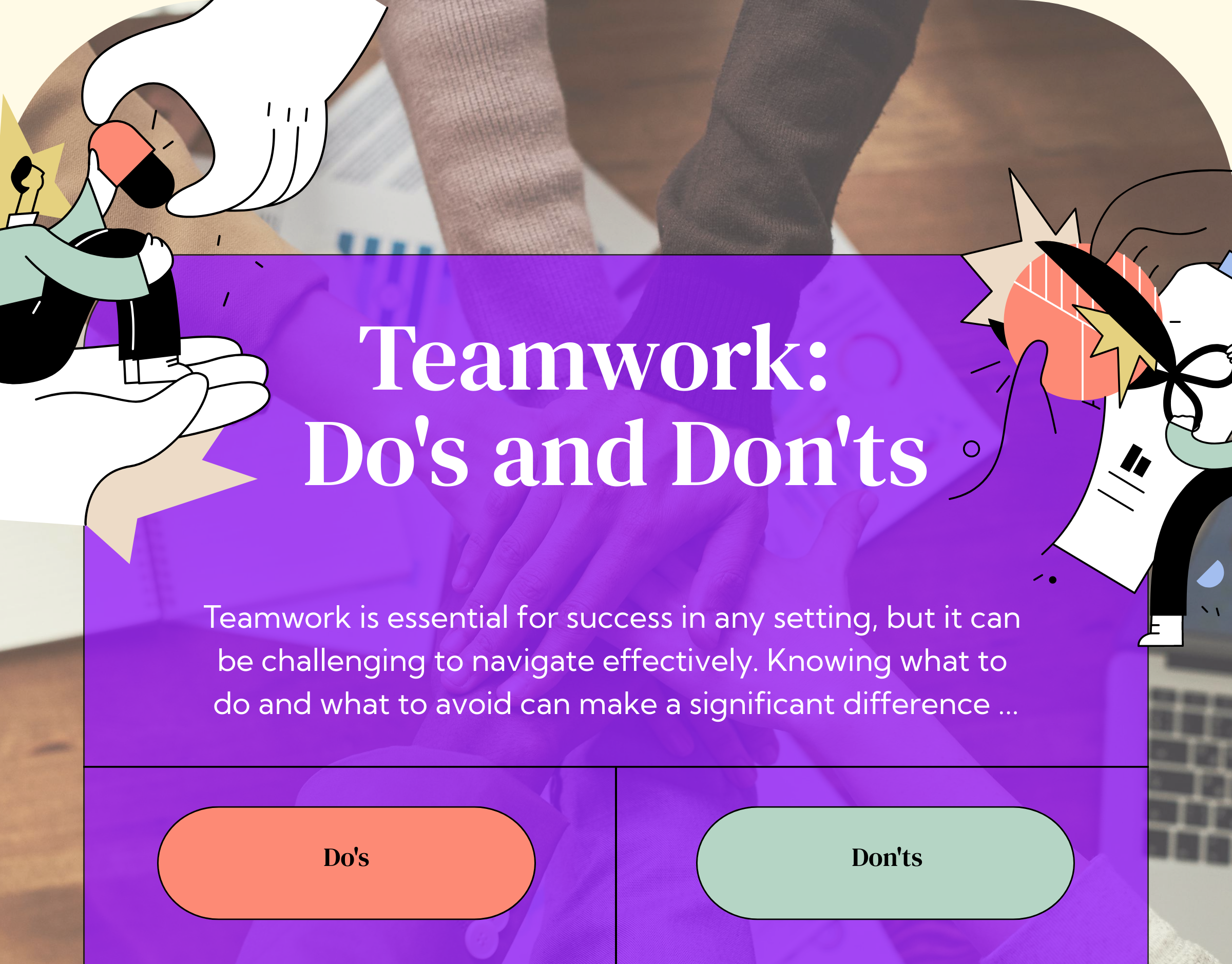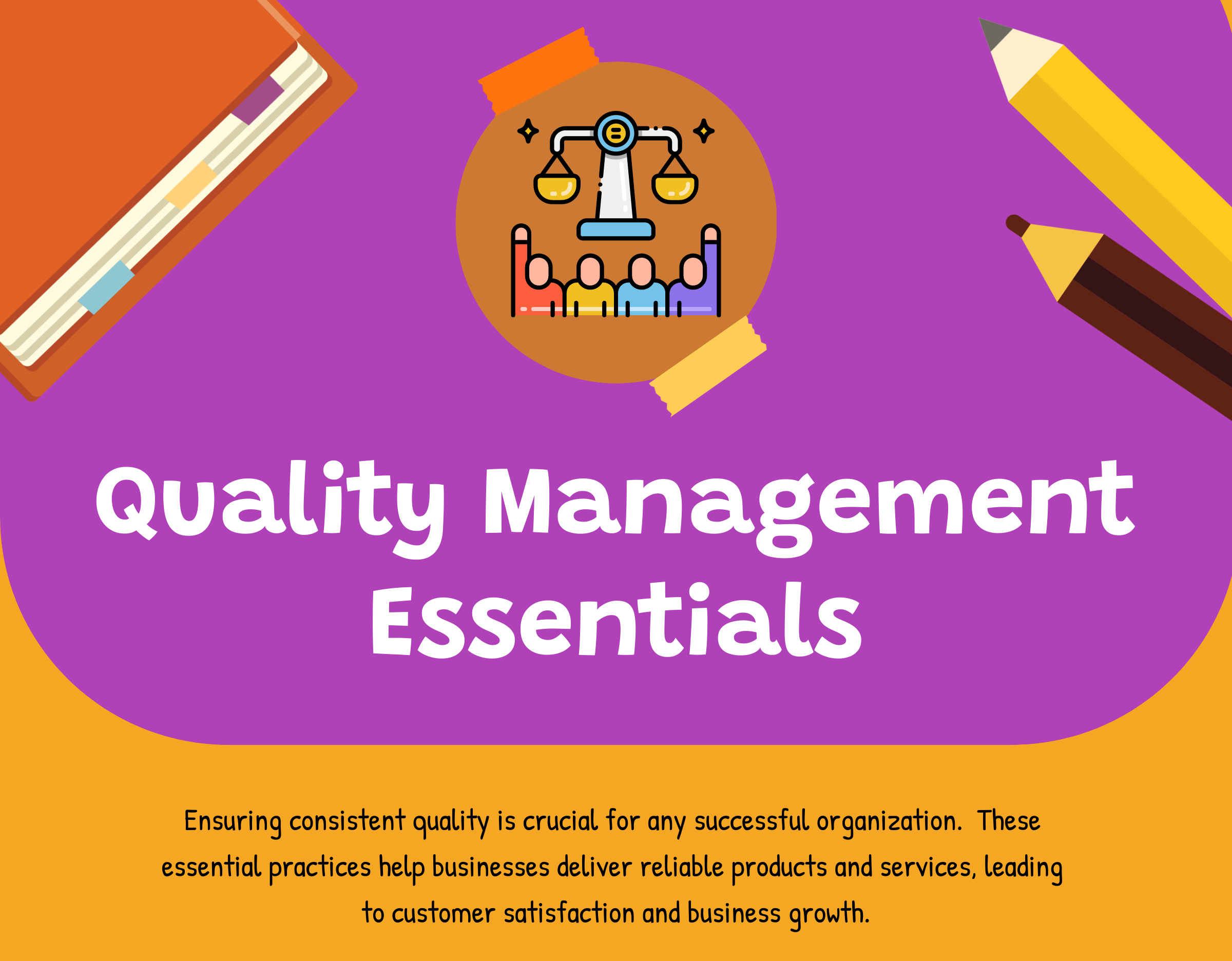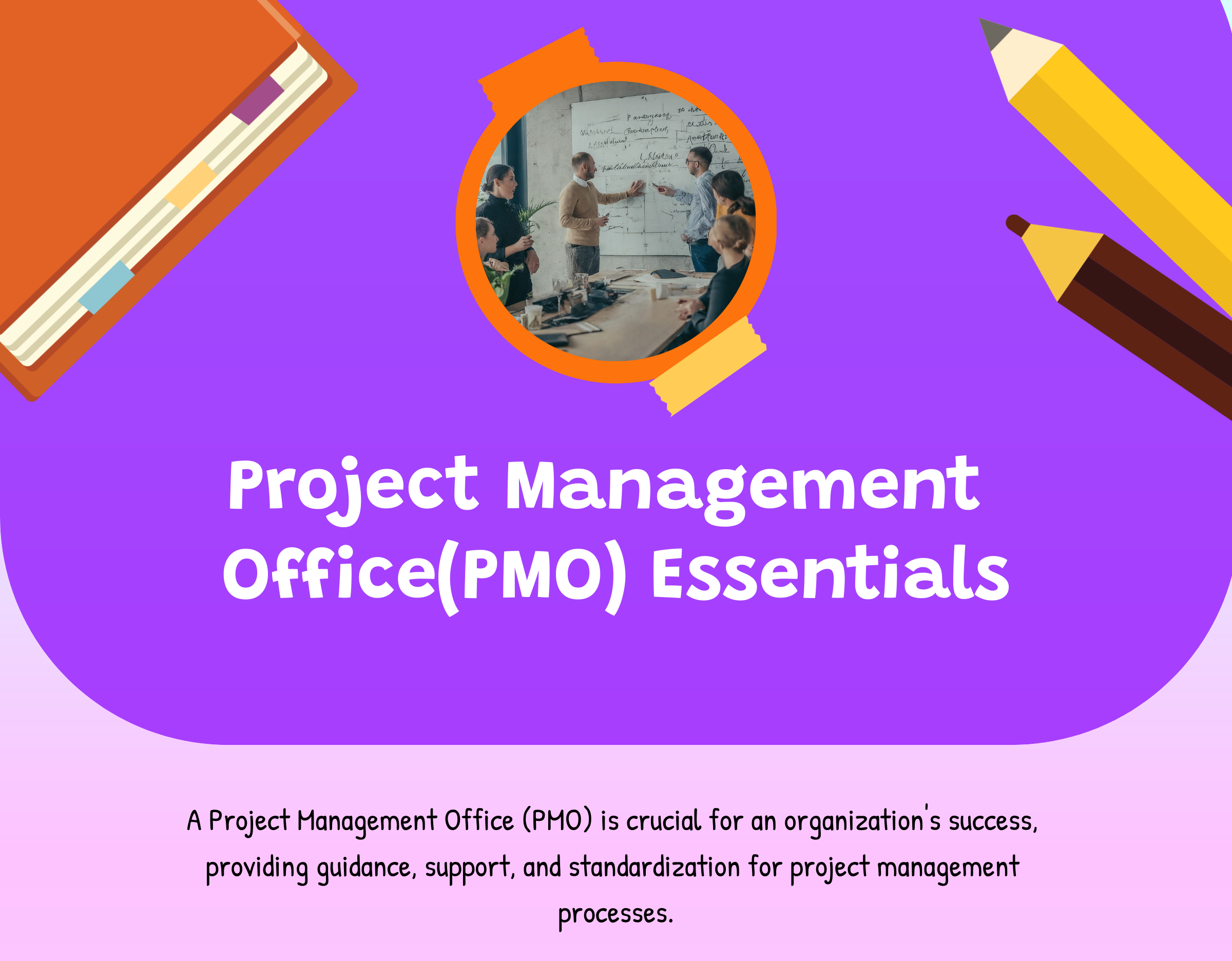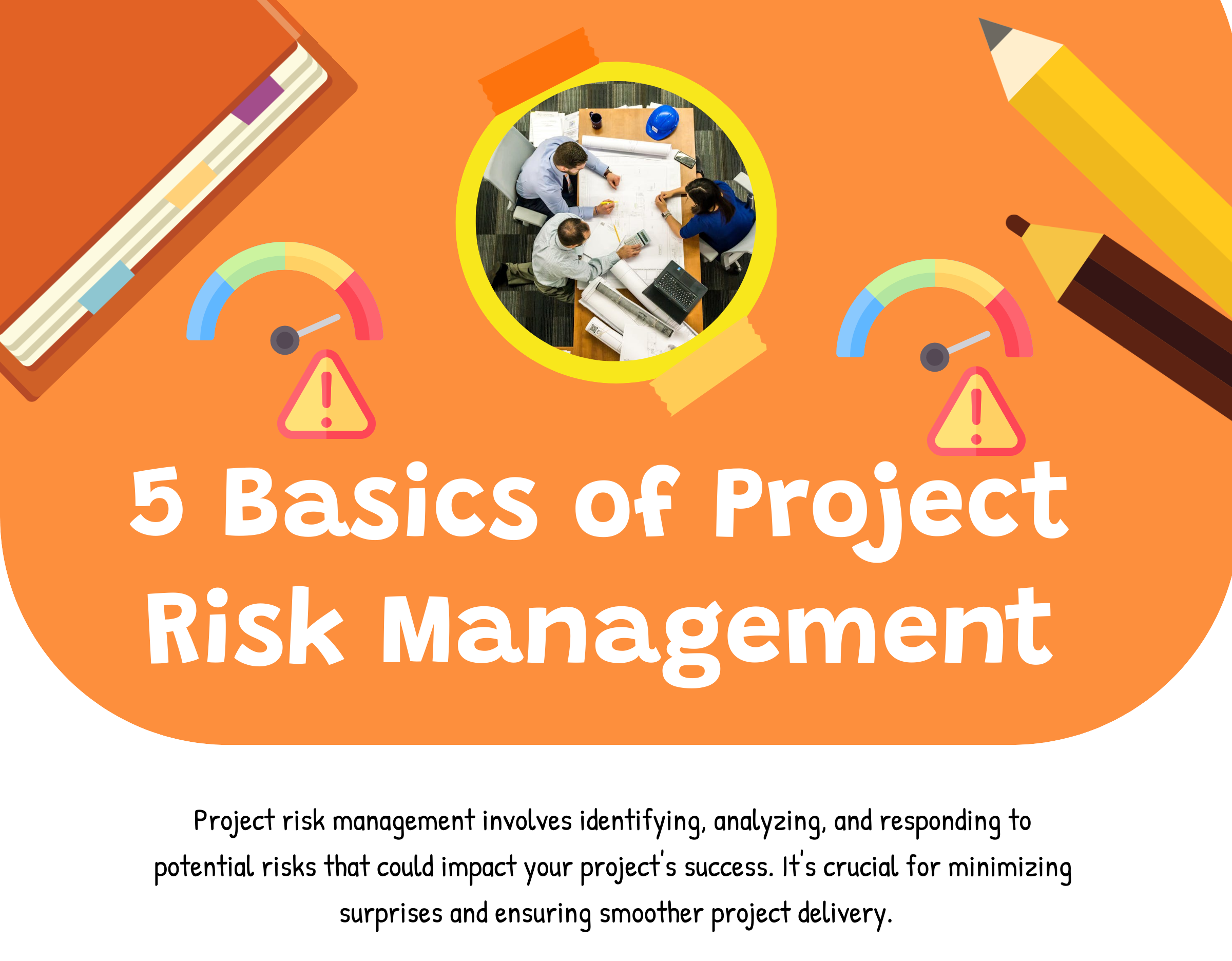Social Networking: Dos and Don’ts
Social Networking: Dos and Don’ts: Social Networking is crucial for career growth and building relationships. It involves connecting with people professionally and building rapport, but there are certain things to do and avoid for optimal results. The article “Networking Dos and Don’ts” on w3process.com provides a comprehensive guide for professionals looking to enhance their networking … Read more

